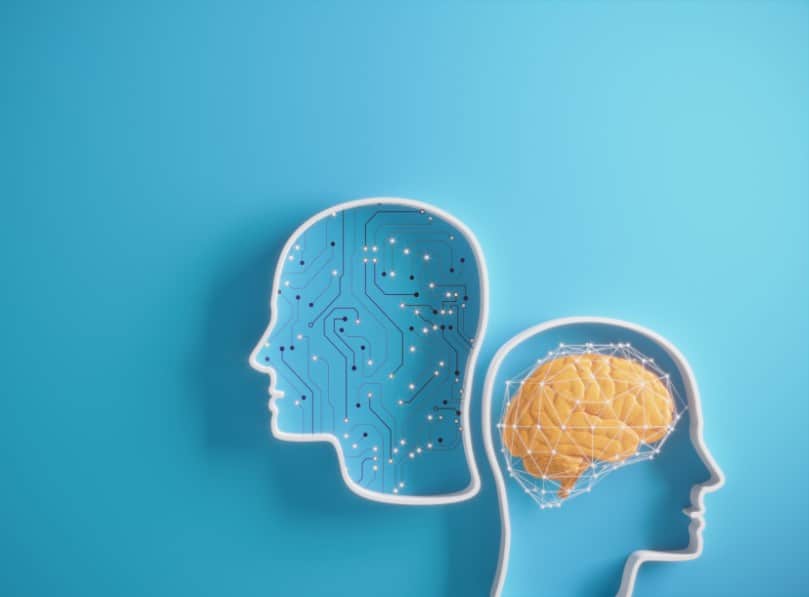HR Technology Conference 2017: Now Is the Time to Invest in AI Technology
Written by Christopher Knize, CCP, GRP
October 26, 2017

The 2017 HR Technology Conference and Exposition brought HR professionals and vendors together in Las Vegas to discuss what’s new and what’s next for the human resources landscape. Our big takeaway? Now is the time for HR professionals to invest in artificial intelligence (AI) technologies.
But what does this really mean? How will investing in AI impact the work you have to do today? And how do you even begin to incorporate AI into your existing processes?
Artificial intelligence was a common thread woven throughout the keynote sessions, talk tracks, and vendor announcements at this year’s HR Tech show. John Sumser, principal author and editor-in-chief of the HRExaminer Online Magazine, explored AI’s role in HR during his session on emerging technology; he plans to expand upon this with the launch of this week’s 2018 Index of Predictive Tools in HR Technology, which will review how HR vendors are leveraging these new technologies. Predictive analytics and natural language processing were key themes in Human Resource Executive’s picks for the 2017 Top HR Products awards. Here at Salary.com, we announced our all-new CompAnalyst for Enterprise product, which leverages AI and machine learning to deliver expanded compensation data accuracy and new, proactive analytics capabilities to enterprise organizations.
In some ways, AI isn’t a new topic of conversation within HR. AI came to HR for the first time a few years ago with the advent of machine learning-powered applicant tracking systems and chatbots that can handle basic employee requests. Though a recent study found that 38% of enterprises are already using AI in their workplace, we’ve seen investments in AI for HR lag behind other lines of business. In fact, Josh Bersin estimates that only 10% of companies have access to advanced HR analytics. The time has come for HR to leverage technological advances in AI, machine learning, and predictive analytics to streamline workflows and drive new insights.
How AI is applied to specific HR workflows and processes will determine the level of success that HR practitioners will see with this new technology. When evaluating AI vendors, it’s important to see the big picture – but also to see that they’re thoughtfully integrating AI technologies into their product offering to drive specific processes and outcomes. Without solutions that infuse AI and machine learning into existing HR workflows, HR practitioners will be hamstrung by the data science requirements of such applications. HR professionals shouldn’t have to hire data scientists to engage AI in their businesses – AI should come to them fully baked and ready for use.
As HR evolves over the next year, it will be interesting to see how investments in AI grow and change along with it. As Ben Eubanks, Principal Analyst at Lighthouse Research and Advisory, explained in his list of the 30 Vendors You Should Have Met at HR Tech 2017, “Many compensation professionals are new simply because of the influx of Millennials, which means interesting things for vendors trying to sell to and service the market.” As AI becomes a regular feature in the consumer technology that Millennial HR practitioners use every day, we expect to see more and more vendors leveraging it to inform their products – especially in data-focused HR concentrations like compensation. Here at Salary.com, we’re on the front lines of this development, and we’re excited to bring these new technologies to the market. As Ben noted in his recap of HR Tech, “Salary.com is launching new elements of data visualization and real-time data visibility. I see the team as the source of truth for comp professionals looking for the right data and advice to lead the function.” We couldn’t agree more!


Download our white paper to further understand how organizations across the country are using market data, internal analytics, and strategic communication to establish an equitable pay structure.
Insights You Need to Get It Right











